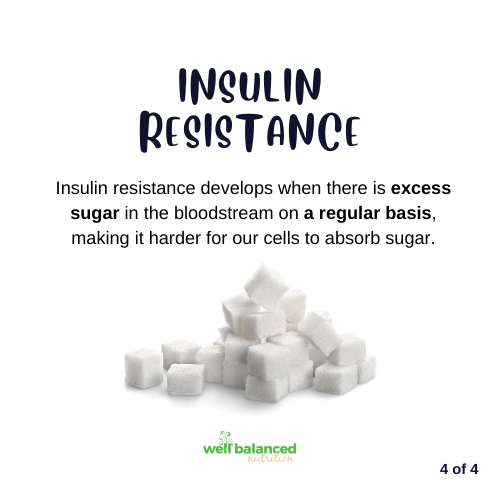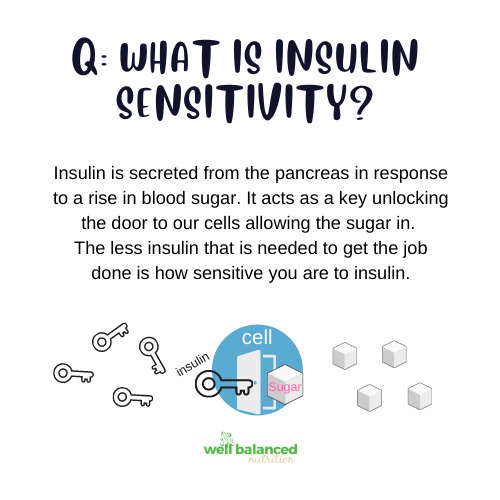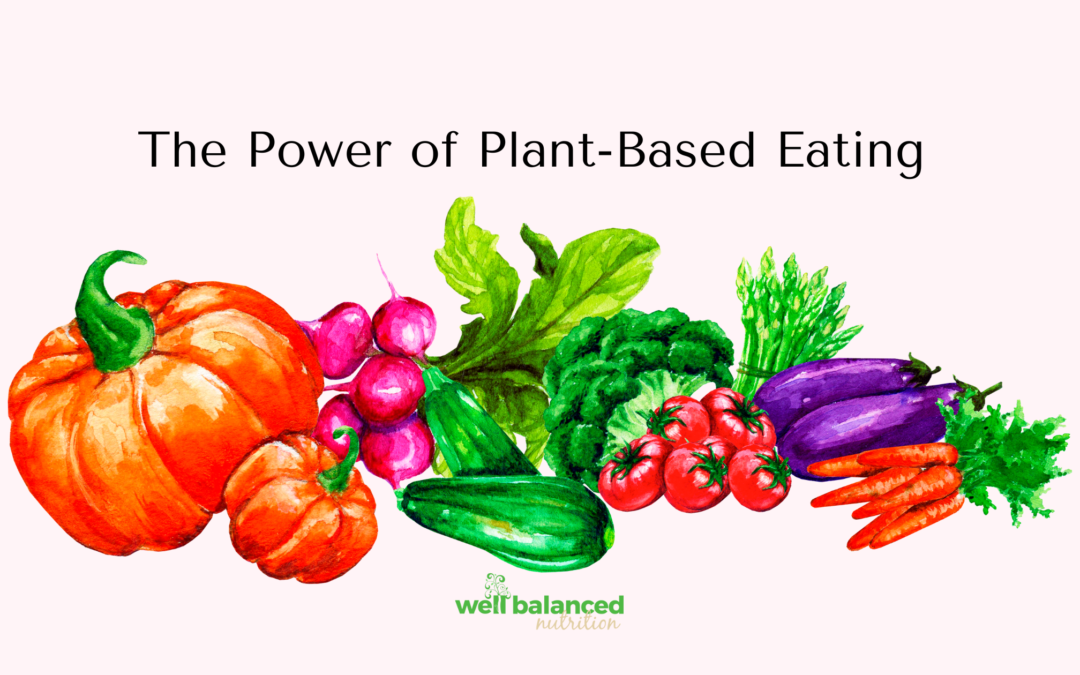Post 2 of 4
Welcome back to The Gimme Some (Science About) Sugar series. In post 1 we covered the basics about how our bodies process sugar and how excess sugar can lead to weight gain. However, there are many other effects of a sugar surplus in the body, so let’s dive in!
What does too much sugar do to your body?
Insulin Resistance Might Develop
Remember that insulin is a hormone that helps regulate blood sugar by allowing our cells to absorb glucose. Insulin resistance develops when there is excess glucose in the bloodstream on a regular basis, reducing our cells ability to respond to insulin and absorb glucose.

As a result, our pancreas begins to produce more insulin so our cells will be able to allow glucose in. Our blood sugar levels will stay in a healthy range as long as the body produces enough insulin and our cells respond to it.
It is when the pancreas no longer produces enough insulin or our cells continue to be less responsive to insulin, that we can become insulin resistant and at risk of developing prediabetes (when our blood glucose levels are above the normal range but not in the diabetic range*).

Although insulin resistance and weight gain get the most attention when it comes to discussing the risks of excess glucose in the blood, there are other effects that are equally important to discuss. There are 3 that we will focus on for the sake of time.
Big spikes in glucose can cause Inflammtion
The body senses a lot of glucose in the bloodstream and it starts to believe something might be wrong. Our bodies then respond to this threat by triggering inflammation. But why is this inflammation harmful? An article by Vanderbilt’s School of Medicine put it best, “Inflammation also antagonizes the action of insulin, the hormone that stimulates muscle and liver to absorb glucose from the blood. And obesity, insulin resistance and type 2 diabetes, in turn, increase the risk for heart disease.”
High levels of glucose in the blood cause a process called glycation.
Dr. Casey Means of Levels described glycation perfectly in a recent podcast saying, “glycation means glucose starts sticking to things in the body such as blood vessels or proteins.” When sugar sticks to things it starts to cause dysfunction and things in the body will work less efficiently. Dr. Means used the example of the wrinkling of our skin due to glycation of collagen. In other words, consistent large spikes in glucose (above what is healthy*) can accelerate the aging process by glycating the collagen in our skin.
Oxidative stress can occur.
When we dump a lot of glucose into our system, we strain the energy producing pathways in our bodies. This can lead to the production of free radicals in the body that cause damage to our cells, organs, and much more.
Steps you can take to prevent insulin resistance and damaging effects of sugar surplus include:
- Eating the Well Balanced Way
- Exercise regularly
- Moderate activity for at least 30 minutes – 1 hour, 5 times a week is great. Adding in more difficult activities like weight lifting, cycling, or endurance training 2-3 times per week is even better
- Maintain a healthy weight
- The number on the scale does NOT define you, but staying within a healthy range that is unique to your body can definitely help prevent insulin resistance and other health risks
If you are interested in learning more about the science of sugar, watch our free workshop on how to fit sugar in a well balanced diet: Watch the workshop!
The Gimme Some (Science About) Sugar Series
- Post 1: What happens when we eat sugar? Does it cause weight gain?
- Post 2: What does too much sugar do to the body?
- Post 3: How to optimize your blood sugar and insulin levels?
- Post 4: What are the different types of carbs? What’s the difference between natural and processed sugars?
FOOTNOTE:
*According to the American Diabetes Association, the normal range for blood glucose 1-2 hours after a meal for individuals without prediabetes or diabetes is 140 mg/dL. For those with diabetes it is 180 mg/dL or higher. Fasting blood glucose for healthy individuals should be below 100 mg/dL, in prediabetes the range is 100-125 mg/dL, and in diabetes it is 126 mg/dL or higher.



